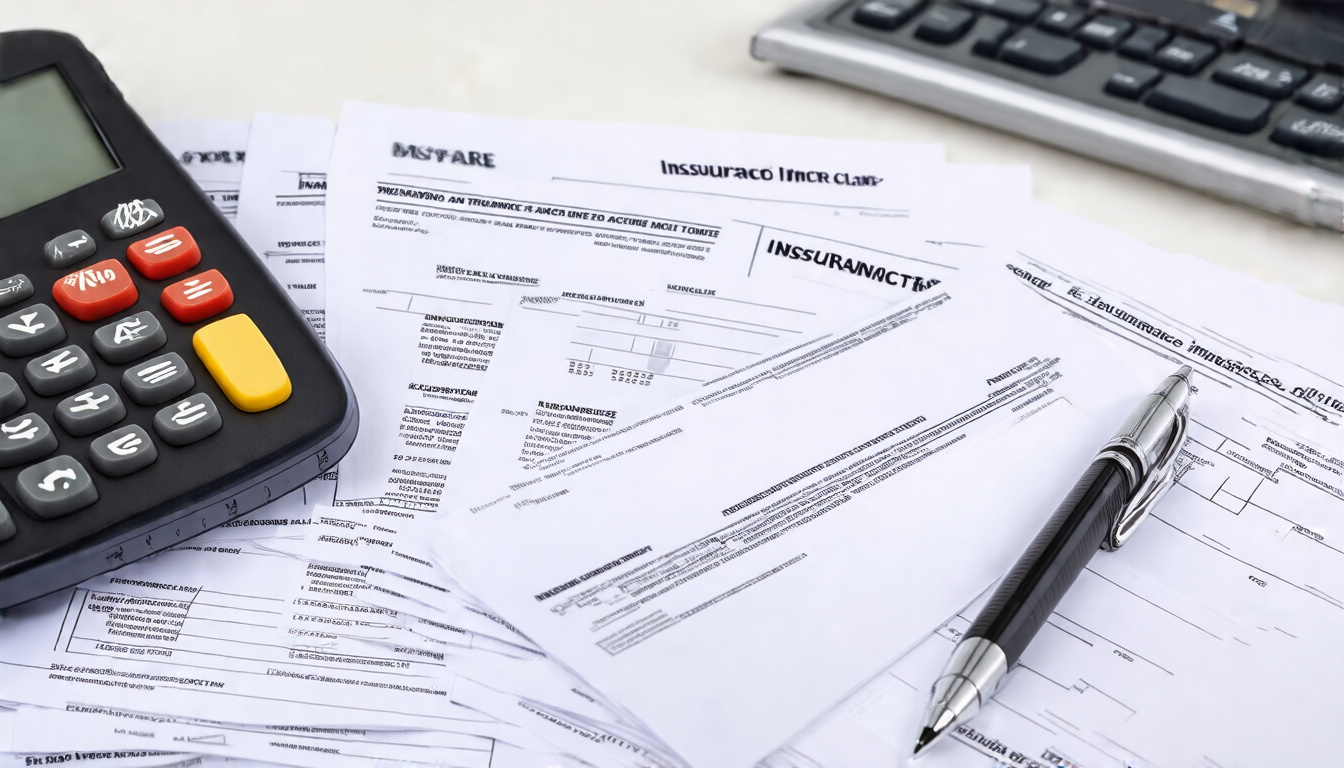When it comes to protecting your assets and managing legal risks, knowing liability insurance claims matters. Liability claims, you see, link your risks to your coverage. Whether you are a business owner, a landlord, or someone who values personal insurance, understanding these claims helps to boost your coverage and cut down your out-of-pocket costs. In this article, we look at liability claims, what they cover, how to file them, and tips to get the best from your policy.
What Are Liability Insurance Claims?
Liability insurance claims are requests you make to your insurer. With this request, you seek payment for damages or injuries you caused another person. This claim covers bodily injury, property damage, and legal defense costs. It does so when accidents or negligence lead to a claim.
The main point is clear: liability insurance protects you from loss when you are found responsible for harm. The coverage manages risks from lawsuits and settlements that come from events like slip-and-falls, property damage, or professional mistakes.
Types of Liability Insurance Claims
Liability insurance does not use a one-size policy. Different claims serve different risks:
- General Liability Claims: These cover injury or damage on your business site or from your business tasks.
- Professional Liability Claims (Errors & Omissions): These protect professionals such as doctors, lawyers, and consultants when mistakes or negligence occur.
- Product Liability Claims: These start when your product causes injury or damage.
- Auto Liability Claims: These come into play with accidents that involve company vehicles.
- Employer’s Liability Claims: These cover employee claims for work-related injuries that workers’ compensation does not cover.
Know the claim type that fits your situation. This step is key in filing a strong claim.
How to File Liability Insurance Claims Effectively
Filing a claim correctly is needed for maximum coverage. Follow these clear steps:
- Notify Your Insurer Immediately: Tell your insurer as soon as an incident happens. Many policies require prompt reporting.
- Gather Detailed Information: Collect all key details such as time, place, persons involved, witness contacts, photos, and police reports, if needed.
- Document the Damages or Injuries: Keep records like medical bills, repair estimates, or other proof of loss.
- Cooperate Fully: Answer all questions truly and give every requested document.
- Avoid Admitting Fault: Do not say you are to blame. Let your insurer and legal team decide fault.
- Consult a Legal Expert: In complex cases, an attorney can protect your rights and guide you.
Common Mistakes to Avoid in Liability Insurance Claims
You can boost your claim by avoiding these pitfalls:
- Delaying Notification: Reporting late may lead to a denial.
- Providing Incomplete Information: Missing details weaken your claim.
- Settling Without Insurer Approval: Settlements done without approval may break policy rules.
- Ignoring Policy Limits: Know your coverage limits to prevent surprise costs.
- Not Reviewing Policy Details: Some exclusions may change your claim.
Key Factors Affecting Liability Insurance Claims
Your claim depends on several clear factors:
- Policy Coverage Limits: Policies set a maximum payment for each event and overall.
- Deductibles: This is the amount you pay before the insurer pays.
- Nature of the Incident: Incidents with intent or criminal acts are usually not covered.
- Proof of Negligence: The insurer looks for signs of fault or carelessness.
- Timeliness of Claim Filing: Filing quickly helps avoid rejections.
Top Tips for Maximizing Liability Insurance Coverage
To get full value from your insurance, try these steps:
- Review and Update Your Policy Regularly: Check that it matches your current risks.
- Choose Adequate Coverage Limits: Set your limits based on possible risks, not just cost.
- Maintain Detailed Records: Good records speed up claim processing.
- Promptly Report Claims: Always respect your insurer’s guidelines and deadlines.
- Engage Professionals: Use trusted brokers and legal counsel for complex claims.
Frequently Asked Questions About Liability Insurance Claims
Q1: What situations cause liability insurance claims?
A1: Claims often start with slip-and-fall injuries on your property, car accidents with company vehicles, mistakes by professionals that lead to client losses, or injuries from products. Each claim type is shaped by your policy.
Q2: How long does it take to process a liability insurance claim?
A2: Time can vary. Simple claims may resolve in a few weeks; complex ones can take months. Reporting fast and having thorough documentation can help.
Q3: Can I file a liability insurance claim if I’m not at fault?
A3: Liability insurance covers you when you are legally at fault. If you are not, the other party’s insurance or your own first-party coverage (such as auto collision insurance) might help. However, always report the incident to your insurer.
Why Liability Insurance Claims Matter
Liability insurance claims keep your finances stable by covering legal defense and settlement costs. Without proper insurance, claims can cause huge personal or business costs. Knowing these claims is vital for every policyholder.
Research by the Insurance Information Institute shows that liability claims make up a large share of insurance payouts each year. This fact underlines why proper coverage and careful claim management matter.

Conclusion: Protect Yourself with Confidence
Understanding liability insurance claims helps you handle insurance policies and legal risks with clarity. When you know the claim types, file correctly, and avoid mistakes, you get the coverage you need.
Do not leave your liability protection to chance. Check your policy now, talk to experts when needed, and be ready for incidents that might lead to claims. These steps keep you in control and protect your future finances.
Ready to strengthen your protection? Contact your insurance provider to review your policy or consult with a trusted insurance advisor. Your peace of mind depends on it!
Author: Doyle Weaver, Attorney at Law
Home | Estate Planning | Personal Injury | Hill Country Lawyer | Terms of Service | Privacy Policy
© 2025 Digital Law Firm, P.C.
Disclaimer: The content provided in this blog is for educational and informational purposes only. It is not intended to constitute legal advice or establish an attorney-client relationship. The information presented does not address individual circumstances and should not be relied upon as a substitute for professional legal counsel. Always consult a qualified attorney for advice regarding your specific legal situation. The author and publisher are not liable for any actions taken based on the content of this blog.

Leave a Reply